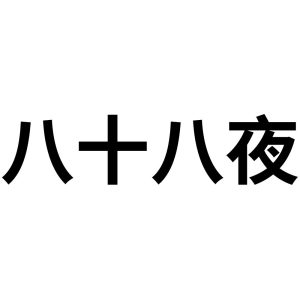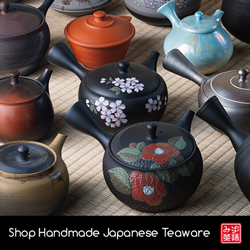If you’re a fan of shincha, you may have heard the term hachijū hachiya (八十八夜).
It literally means 88th night.
Hachijū hachiya is one of the important dates in the traditional Japanese calendar called zassetsu (雑節).
Starting on risshun (立春), the first day of spring, which fell on February 4th in 2023, adding 88 days results in May 2.
It’s unknown why it’s called the 88th night instead of the 88th day, since other traditional dates from the same calendar use the symbol of day (日).
This date is mentioned in the tea picking song called chatsumi (茶摘み).
Most Japanese are familiar with this song because it’s taught in primary school.
There’s also the saying 八十八夜の別れ霜, meaning “the parting frost of the 88th night”.
Since late spring frost is harmful to crops, hachijū hachiya was used as a date for starting farming activities while avoiding frost.
The 88th night and tea
In modern times, shincha (tea from the first flush) is picked in different times depending on the region and the specific tea cultivar.
Nevertheless, tea picked in hachijū hachiya is still sold because it is of good omen.
The number 8 is a lucky number in Japan (along with 7).
There are tea festivals held this day in many regions of Japan.
Here’s the chatsumi song for you to enjoy:





